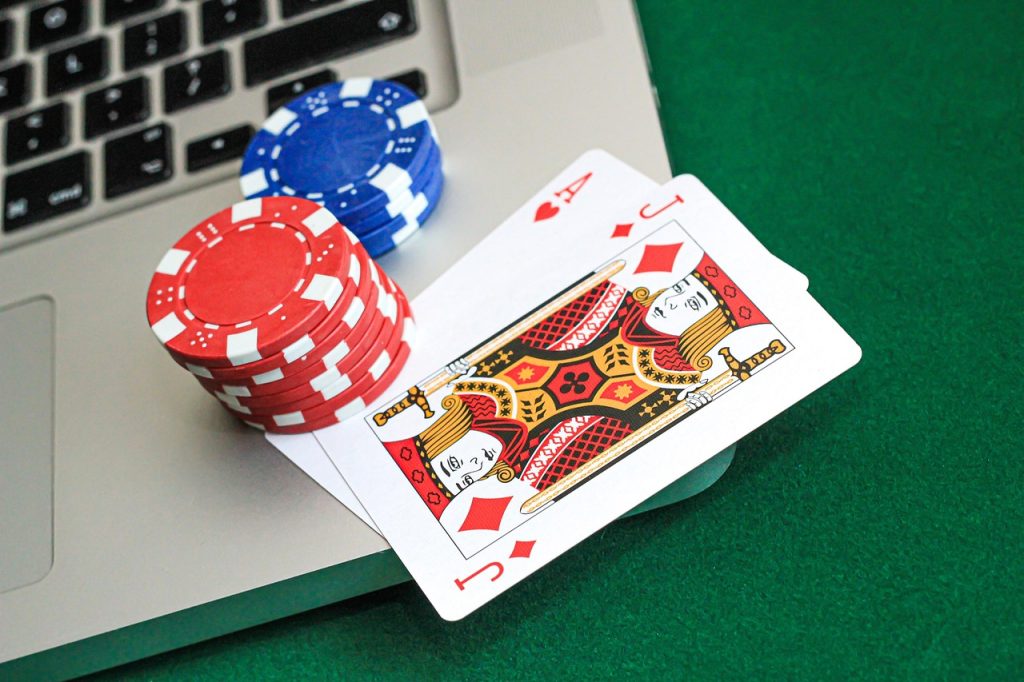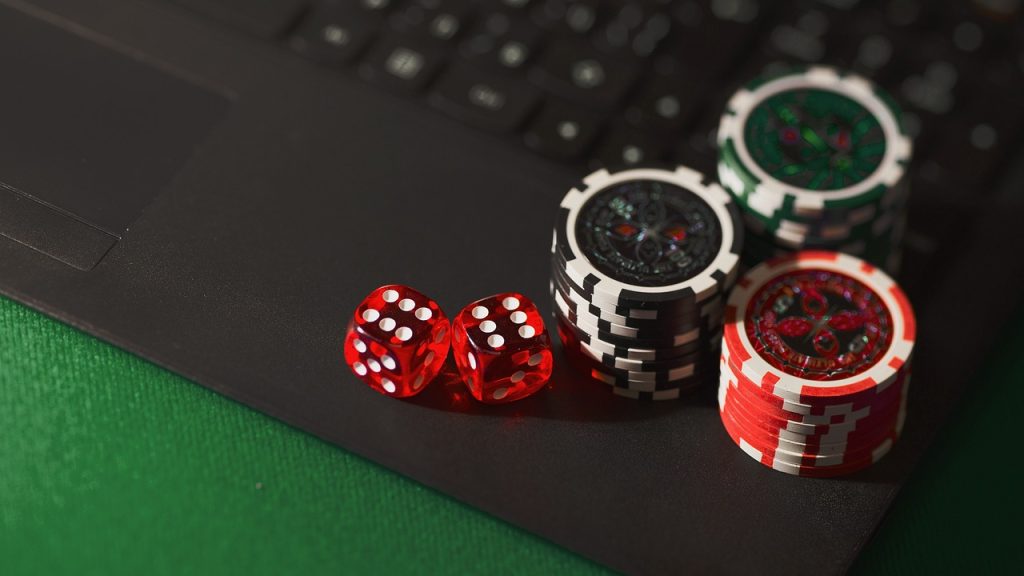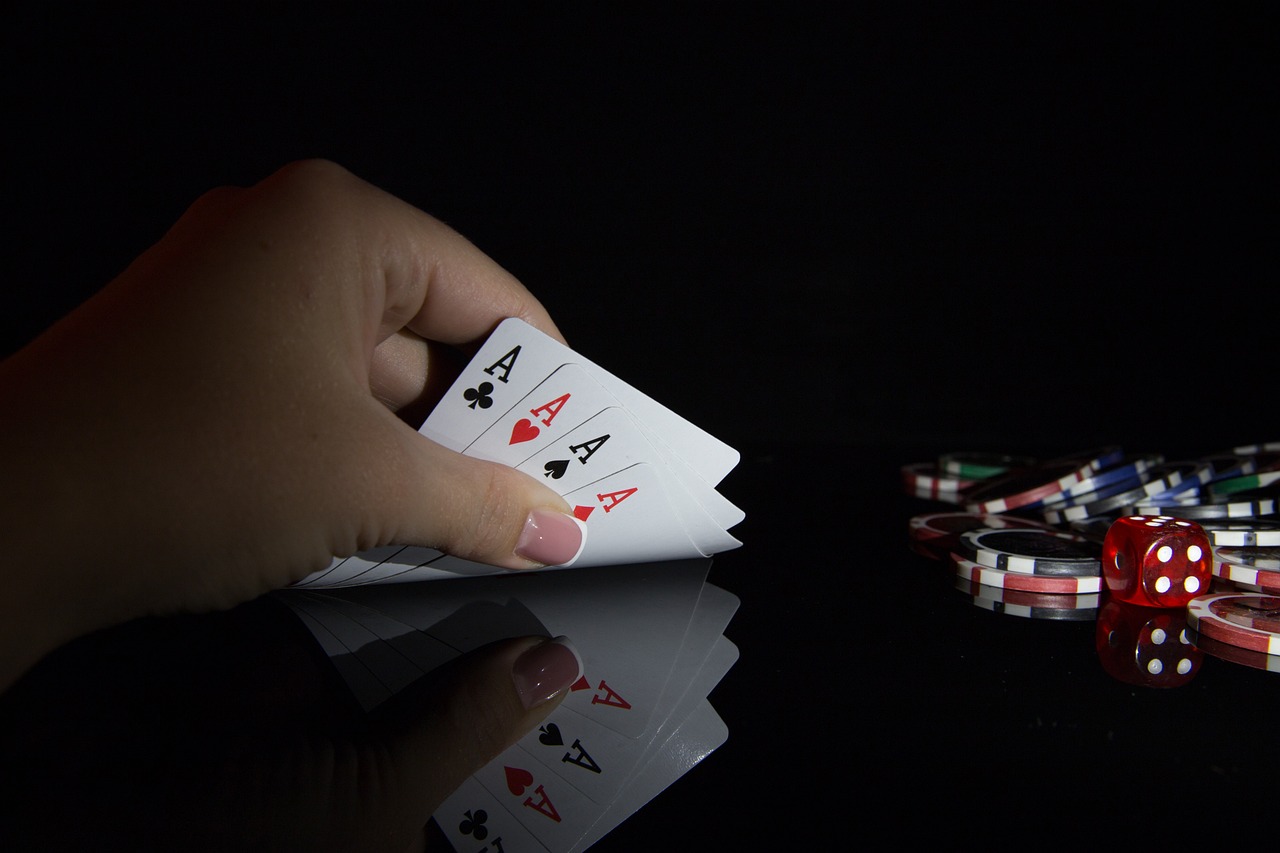Gambling can be a fun and exciting form of entertainment. But for some, it can gradually become a harmful habit that affects relationships, finances, and emotional well-being. Gambling addiction—also known as compulsive or problem gambling—is a progressive condition that often starts subtly and worsens over time. Recognizing the early warning signs is critical to preventing long-term damage. In this article, we explore the common signs that you may be developing a gambling addiction and what steps you can take to regain control.
1. You’re Chasing Losses Regularly
Chasing losses is one of the biggest red flags in problem gambling behavior. If you find yourself gambling more to recover money you’ve already lost, it may be a sign of an unhealthy cycle.
Examples:
- Increasing your bet size after a loss
- Refusing to stop until you’re “even”
- Feeling frustrated or desperate when you lose
This can quickly spiral into deeper financial losses and emotional distress.
2. You Hide or Lie About Your Gambling
If you’re downplaying your gambling habits to friends or family, or feel the need to gamble in secret, it’s a clear warning sign.
Behaviors to watch for:
- Hiding receipts, browser history, or betting apps
- Lying about where your money went
- Feeling guilty or ashamed after gambling sessions
Secrecy often indicates that gambling is no longer just entertainment—it’s something you’re trying to control or conceal.
3. Gambling Is Impacting Your Finances

Gambling addiction often leads to financial problems, which can start small and escalate rapidly.
Financial warning signs:
- Borrowing money to gamble
- Using credit cards or loans to fund bets
- Falling behind on bills or other essentials
- Selling personal items to keep playing
If gambling is interfering with your ability to meet basic needs, it’s time to reassess.
4. It’s Affecting Your Mental Health
Problem gambling can take a heavy toll on your mental and emotional well-being. You may experience mood swings, anxiety, or depression as a result.
Emotional indicators:
- Feeling irritable when not gambling
- Using gambling to escape stress or sadness
- Sleeping poorly due to worry about losses
- Feeling hopeless after sessions
These feelings may signal a deeper dependency, especially if gambling is your primary coping mechanism.
5. You’ve Tried to Stop but Can’t
Perhaps the clearest sign of a gambling problem is a repeated inability to stop, even when you want to.
Patterns to recognize:
- Making multiple promises to quit
- Setting limits but ignoring them
- Always returning to gambling “one last time”
Loss of control is a key symptom of addiction. If gambling feels compulsive, it’s not just a bad habit—it could be something more serious.
What to Do If You Recognize These Signs

If you see yourself in any of these patterns, you’re not alone—and help is available.
Immediate steps:
- Talk to someone you trust about your concerns
- Use self-exclusion tools like GamStop or Gamban
- Reach out to support organizations such as GamCare, BeGambleAware, or the National Problem Gambling Helpline
- Speak to a therapist or counselor who specializes in addictive behavior
Acknowledging the problem is the first—and most important—step toward recovery.
Final Thoughts: It’s Never Too Early to Get Help
Gambling addiction doesn’t happen overnight. It’s often a slow, subtle progression that starts with excitement and ends in stress, secrecy, and loss. If you’re beginning to feel like gambling is taking over your thoughts, your money, or your life, don’t wait until it’s too late.
The sooner you recognize the signs, the sooner you can take action. Recovery is possible, and you deserve the support, peace of mind, and control that come with it.
